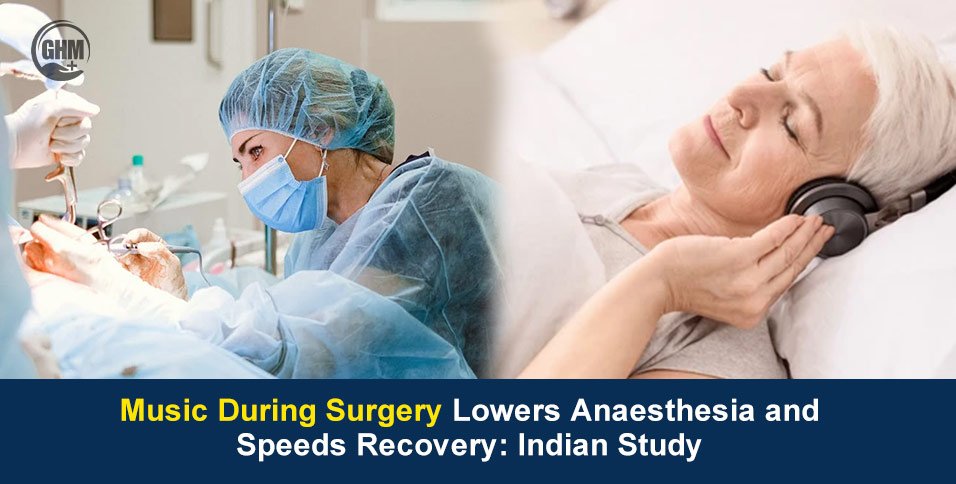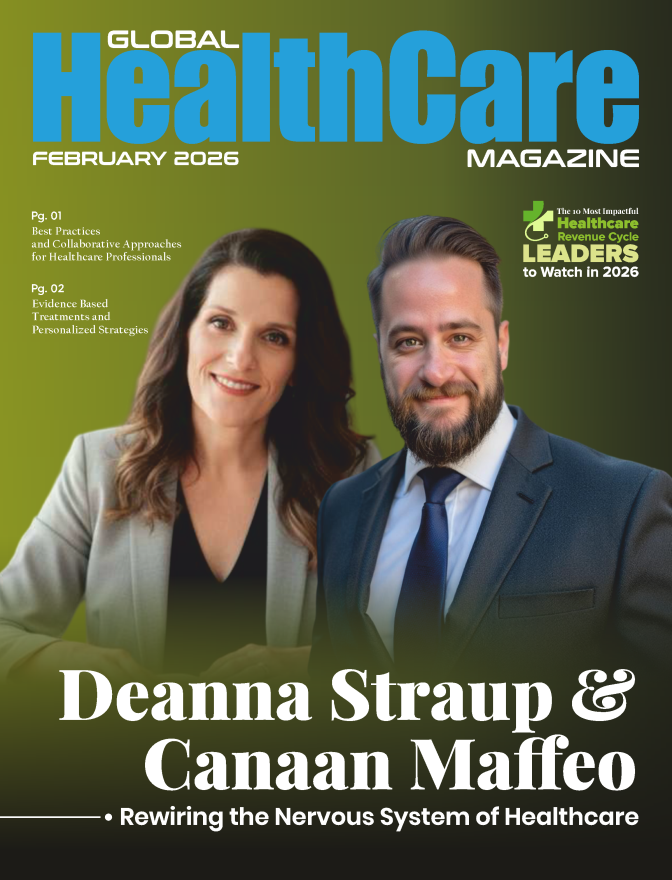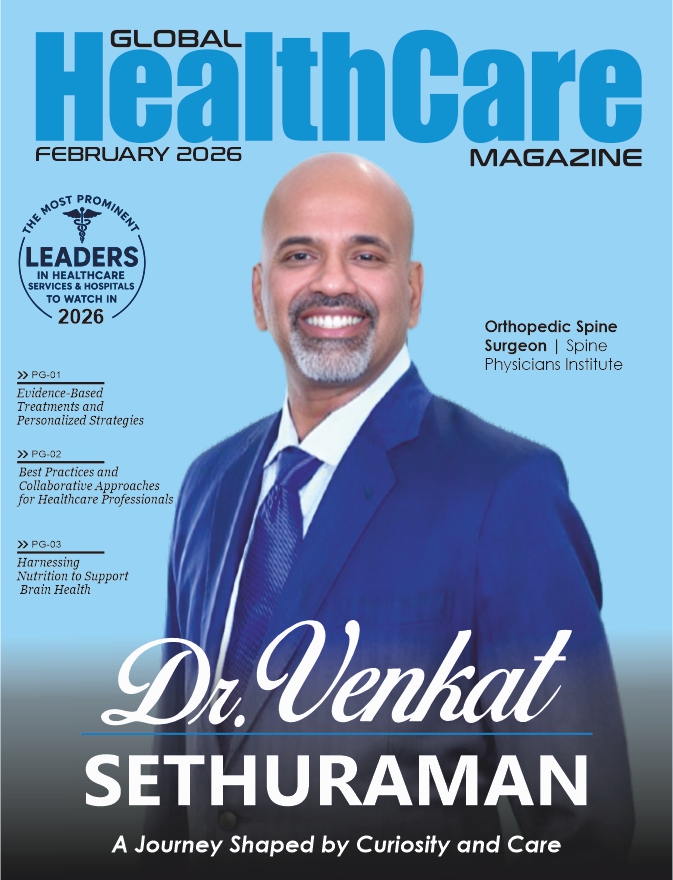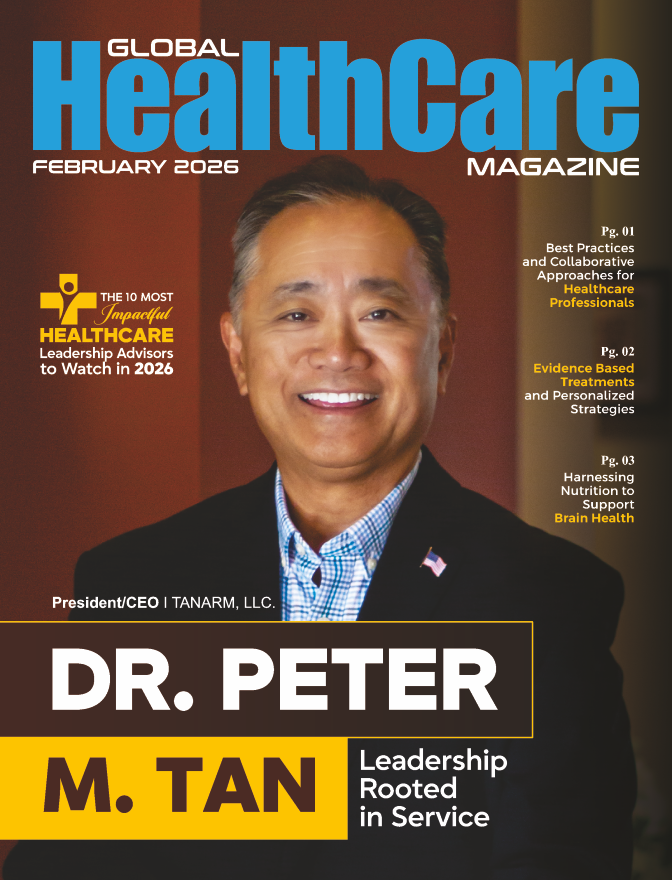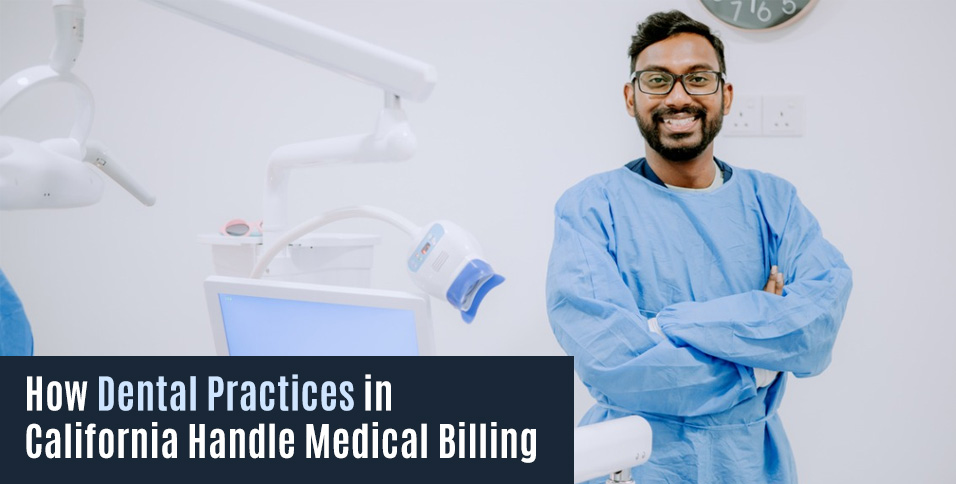Recent research from India offers encouraging evidence that using music during surgery can play a crucial and powerful role in improving patient outcomes.
According to a new study conducted by doctors at Delhi’s Maulana Azad Medical College and Lok Nayak Hospital, patients who listened to calm instrumental music under general anaesthesia needed lower doses of anaesthetic drugs and experienced less stress. More importantly, they woke up more smoothly and recovered faster.
What the Indian Study Was
Between March 2023 and January 2024, researchers studied 56 adult patients (aged 18–65) undergoing a common procedure called laparoscopic cholecystectomy (a minimally invasive gallbladder removal).
- All patients received a standard anaesthetic protocol before and during surgery to induce and maintain unconsciousness and for pain and stress control.
- Every patient wore noise-cancelling headphones, but only half heard soothing instrumental music (flute or piano, often based on Hindustani ragas like Yaman and Kirwani), chosen by the patients themselves.
The goal was to see whether “receptive music therapy”, i.e., listening to music during unconsciousness, could reduce the need for anaesthetic drugs and help with stress and recovery.
What Did the Study Find
The differences between the “music” group and the “no-music” group were striking:
- Patients who used music during surgery required significantly lower doses to maintain unconsciousness on average.
- They also needed fewer additional doses to control pain, meaning less opioid use.
- Physiological stress, measured via serum cortisol (a stress hormone), was significantly lower in the music group.
- After surgery, patients exposed to music during surgery reportedly woke up more smoothly, regained orientation faster, and reported higher satisfaction 24 hours later.
Based on these results, researchers concluded that music therapy during surgery is a safe, effective, non-pharmacological aid. It helps reduce anaesthetic requirements and improves overall outcomes with no reported adverse effects.
How Using Music During Surgery Works
Although patients are under general anaesthesia (i.e. unconscious), their auditory pathways are still active.
According to the study’s authors and previous research into music therapy:
- Even unconscious exposure to calming music appears to modulate the body’s stress response, a benefit some attribute to how music influences the autonomic nervous system.
- Reducing the dose of sedatives and opioids lowers the risk of side effects and complications and may result in a smoother recovery.
- Music offers a low-cost, easily implementable intervention, especially valuable in resource-constrained settings.
In broader contexts, studies have long shown that music can help manage pain and anxiety before and after surgery or during other medical procedures.
What This Means for Future Surgeries
- For patients:
- Music during surgery could mean a smoother recovery, less pain, and a gentler post-op experience.
- The idea may sound unusual, but evidence suggests it’s safe and potentially beneficial.
- For surgeons & Anesthesiologists:
- Incorporating calming or preferred music during operations might reduce reliance on pain medications post-surgery, which can have side effects.
- It offers a low-cost, non-invasive addition to surgical protocols.
- For Healthcare Policymakers
- Given the benefits, hospitals could consider formally including music listening under general anaesthesia in standard operating procedures.
- This may lead to shorter hospital stays, reduced medication costs, and improved patient satisfaction.
What Is to Consider
While the new findings are promising, there are caveats:
- The study involved only 56 patients and a single type of surgery (gallbladder removal). We don’t yet know whether the same benefits apply to other surgeries, especially longer or more complex ones.
- Music type and patient preference may matter. In this study, patients picked the music (flute or piano), which might influence effectiveness. Whether different genres or live music produce similar results remains to be seen.
- Though no adverse effects were reported, more extensive trials across different settings are needed before music becomes standard practice in operating rooms worldwide.
- Researchers involved in the study have already indicated plans to explore music’s role in other surgeries and with different sedation types.
Conclusion
The case for music during surgery is growing stronger. This new Indian study demonstrates that calming instrumental music during anaesthesia can significantly lower anaesthetic and painkiller requirements, reduce stress responses, and help patients wake up and recover more smoothly.
For many patients, especially those undergoing short, routine surgeries, music could become a simple, safe, and effective addition to standard care.
As evidence mounts, perhaps the day is not far when hospitals begin offering calming music as routinely as they administer drugs. We might witness how a simple tune might make a big difference.

